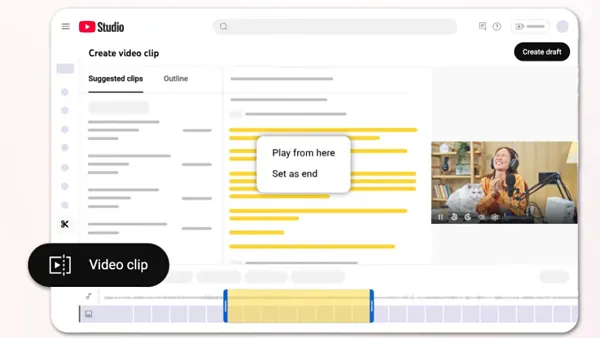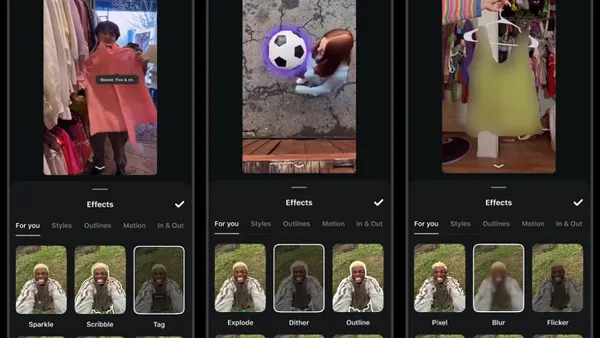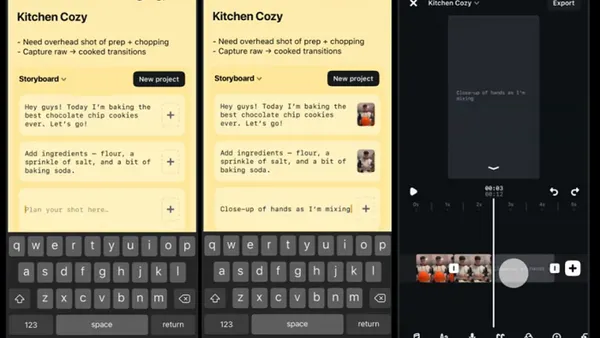Over the last few days and weeks, we've seen numerous headlines over here in the UK concerning Twitter.

From the Daily Mail (a.k.a. Lord Voldemort's paper of choice) to The Sun, to The Times and back again to the Daily Mail again.
Not a day goes by without an article being published about the new 'microblogging kerraze' that's sweeping the nation.
Last week's Husdon River emergency aeroplane landing showed that Twitter can beat traditional media to the story as one of the very first pictures to be posted from the riverbanks was obtained by Janis Krums - a Twitterer from Florida .
Nothing demonstrated the true power of Twitter better than the unfolding of the recent Chinese earthquake which was first reported on Twitter.
And then there was that certain little event this week across 'The Pond' which saw President Obama's inauguration being played out live on Twitter.
To add further fuel to the petrol drenched media frenzy surrounding Twitter, Phillip Schofield (or @Schofe) as we now know him suggested live on air this week that the nation's housewives join him in conversation on Twitter. This was interpreted by his army of daytime tv viewers as an invitation to sexually stalk the 'silver fox' online and so Twitter was swamped with gushing menopausal newbies desperatly trying to figure out if @fernbritton was real (which incidentally she wasn't).
This all reminds me of where Facebook was a few months ago, encouraging lazy journalists to write about pockets of conversation which were being revealed through trend searches on the social networking site. You know, the type of thing: "Gordon Brown has the sexiest voice in Britain according to a Facebook Group (of 300 members)".
Is Twitter in danger of becoming the equivalent of an adreneline injection on standby to revive editorial desks on slow news days?
Granted, the Chinese earthquake, presidential inauguration and impressive plane landing were all worthy news stories which highlighted Twitter to be the amazing aggregation/distribution/conversation platform that it clearly is. But what about the 'non stories'? The ones which obsess about 'celebrity' gossip sourced direct from their 'Twitterstreams' (see Jonathan Ross, David Bowie).
Or as the Guardian's Paul Carr puts it:
"Brilliant. An entire story created out of the fact that Jonathan Ross has a Twitter account, and occasionally uses it to make quite funny jokes about his personal situation."
But surely all this can only be a good thing? Don't these stories just herald the arrival of the 'Twipping-Point'? Shouldn't we want more people to hear about Twitter?
Yes... and No.
Twitter is so ridiculously simple to use yet terrifyingly complicated to get your head around. I remember a time before TV. No... actually I don't. But if I could remember that far back, I'd imagine that people found it quite hard to comprehend a flickering box from which ghostly images appeared and showed us what was taking place on the other side of the world. That said, a TV is fairly simple to use and engage with. The same for Twitter.
Which is why it is really important that anybody that is responsible for taking it to the masses needs to understand the medium and translate its appeal in the communication. So Phillip Schofield's Twitter mention on ITV's This Morning was actually pretty cool, as he is somebody familiar with the platform and has spent a decent amount of time Tweeting away to his heart's content. He gets it.
However about an hour ago, the Indy just published an article about Twitter which makes for an interesting read.
You can read the full version here: Why Britain is suddenly all a-twitter: Record numbers sign up to site that lets us share every detail of our lives with the world
This is a fairly lengthy article, written by Jack Sidders. Here's his summary:
Frequently updating the world as to the minutiae of one's existence is surely an exercise in narcissism and time-wasting in the extreme. Such was my initial impulse on discovering Twitter.
But having created an account I realise I was guilty of a lack of imagination, for Twitter has uses far beyond informing the world of what I had for breakfast.
It is not simply another Facebook-style social networking site where users may tag drunken photos of one another and relentlessly massage their egos, safe in the knowledge they have 5,000 friends.
Twitter has numerous highly-beneficial applications. First of all it makes a fantastic tool for marketing and advertising. Sinister as this may sound, it actually works almost solely to the advantage of those with something interesting to promote, like a blog, rather than a product for retail.
Indeed it can act as a blog in itself - a phenomenon known as microblogging due to the 140-character limit, which proves surprisingly liberating.
As to its undeniable potential to be a distraction, many people with more tech nous than me report that it can reduce your internet usage if used properly. Twitter can be an alternative to email, instant messenger and RSS (news) feeders because of its private message functions, thus streamlining the number of sites you must access to get all your news.
Some use it for networking - keeping up with the latest and greatest in their industry and constantly making new contacts. Meanwhile, others employ it to break news.
For the uninitiated Twitter hatchling like me it will probably be used to organise trips to the pub. Next step: find someone to Tweet.
Jack Sidders
When I looked up Jack Sidders on Twitter this is what I found:
- No profile pic.
- 1 Update.
- 1 Follower.
Pathetic.
What qualifies this joker to write up an article about Twitter? We can all see that he's done his research!
Jack's only Tweet?
"Attempting to understand twitter. Is it narcicism?"
No son. It's real life. Pity you didn't stick around long enough to find out.
 New to this blog? Want to be kept up to date with new articles? Click here to subscribe to future posts in a reader.
New to this blog? Want to be kept up to date with new articles? Click here to subscribe to future posts in a reader.
Alternatively you can click here to subscribe to raxraxrax.com by email.
Link to original post














